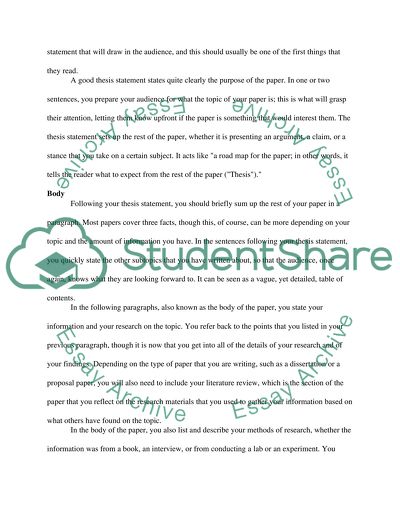Cite this document
(“How to Write a Good Paper Essay Example | Topics and Well Written Essays - 1250 words”, n.d.)
Retrieved from https://studentshare.org/creative-writing/1551927-how-to-write-a-good-paper
Retrieved from https://studentshare.org/creative-writing/1551927-how-to-write-a-good-paper
(How to Write a Good Paper Essay Example | Topics and Well Written Essays - 1250 Words)
https://studentshare.org/creative-writing/1551927-how-to-write-a-good-paper.
https://studentshare.org/creative-writing/1551927-how-to-write-a-good-paper.
“How to Write a Good Paper Essay Example | Topics and Well Written Essays - 1250 Words”, n.d. https://studentshare.org/creative-writing/1551927-how-to-write-a-good-paper.


